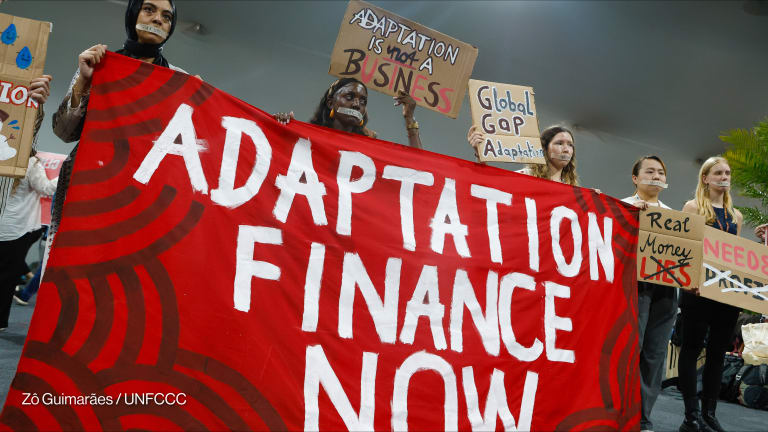Resilience is emerging as one of climate philanthropy’s most critical strategies — but not the passive resilience of simply withstanding shocks. This is about bouncing forward: Transforming how communities respond to climate devastation by unlocking new possibilities.
Philanthropy is operating in a profoundly different landscape than even a few years ago. Politically, we are seeing rising authoritarianism, backlash against climate and equity agendas, shrinking civic space, and growing distrust in institutions — all of which make long-term change harder and more urgent.
At the same time, climate change has entered a new phase. Its impacts are accelerating, compounding, and unavoidable. From floods and fires to food insecurity and forced migration, communities are already facing the consequences — especially those who did the least to cause them.
Search for articles
Most Read
- 1
- 2
- 3
- 4
- 5








